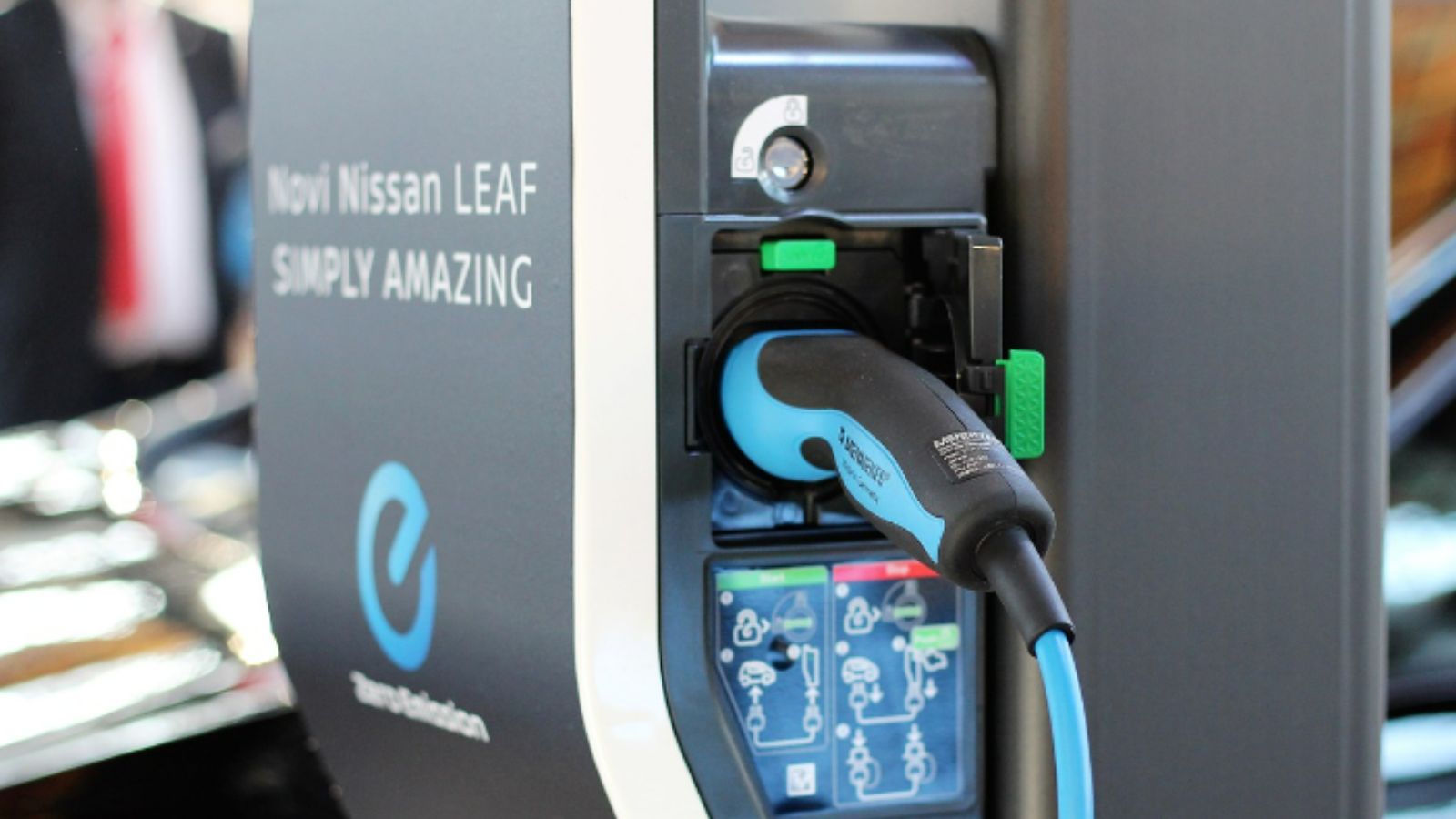
As the world continues to grapple with the effects of climate change, more and more people are turning towards green transportation as a way to reduce their carbon footprint. Electric vehicles (EVs) have emerged as a promising solution to reduce emissions from traditional gasoline-powered cars. However, for EVs to truly take off, there needs to be an extensive network of charging stations to support them.
In this blog post, we will discuss why EV charging stations are a key component of green transportation. We will explore 6 benefits of these stations and how they can help drive the adoption of EVs. Let’s dive in.
Provide Easy Access to Charging
One of the main reasons why EV charging stations are crucial for green transportation is that they provide easy access to charging. Unlike traditional gasoline stations, it is not as convenient or readily available to charge an electric vehicle on the go. With a network of EV charging stations, drivers can easily find a place to charge their vehicles while running errands or on longer road trips.
This accessibility eliminates one of the major barriers to widespread EV adoption and encourages more people to make the switch from gas-powered cars. You can contact an EV charger manufacturer as an individual or a business to install EV charging stations at your desired location and contribute towards creating a more accessible network of charging stations. This will help make EV ownership more convenient and appealing to a wider audience. Working with established providers like EV charging station installation by ACP, can make EV charging more accessible and convenient. Placing stations in locations such as workplaces, shopping centers, and public parking areas helps support EV drivers in their daily routines, reducing the worry about finding a place to charge. This approach addresses range anxiety and strengthens the charging network to keep up with increasing demand. By improving access to charging options, EV ownership becomes more practical and appealing, encouraging wider adoption and supporting environmental sustainability.
Encourage Longer Distance Trips
Another benefit of having a network of EV charging stations is that it encourages longer distance trips. One of the concerns for many people when considering an electric vehicle is its limited range. However, with access to charging stations along their route, drivers can be confident in taking longer trips without worrying about running out of charge.
This gives EVs the same level of convenience and flexibility as traditional cars, making them a more practical choice for daily use. Additionally, this also expands the potential market for EVs, as people living in rural areas can now comfortably consider switching to electric vehicles without concerns about charging infrastructure.
Reduce Range Anxiety
EV charging stations also play a significant role in reducing range anxiety, which is a common concern for drivers of electric vehicles. Range anxiety refers to the fear or worry that an EV will run out of charge before reaching its destination.

With a network of charging stations, this fear can be alleviated as drivers can easily find a place to recharge their vehicle if needed. This helps increase confidence in using EVs for everyday use and eliminates one of the psychological barriers to adoption. As more charging stations are installed, range anxiety will become less of an issue and encourage more people to make the switch to electric vehicles.
Support Renewable Energy Sources
EV charging stations also have the potential to support renewable energy sources. As more charging stations are installed, there will be a higher demand for electricity from renewable sources like wind and solar power. This will help reduce our reliance on fossil fuels and decrease emissions from the transportation sector even further.
In addition, many EV charging stations also offer the option of using renewable energy to charge your vehicle, giving drivers the opportunity to make an eco-friendly choice in their daily lives. By supporting clean energy sources, EV charging stations play a crucial role in promoting sustainable transportation and reducing our carbon footprint.
Create Jobs and Economic Growth
The installation and maintenance of EV charging stations also create job opportunities and contribute to economic growth. The electric vehicle industry is rapidly growing, and with it comes a need for skilled workers to install and service charging stations.

Moreover, as more people make the switch to EVs, there will be a higher demand for these services, leading to further job creation. This growth in the electric vehicle market also has a ripple effect on other industries, such as renewable energy, creating even more economic opportunities. By investing in EV charging stations, we not only contribute to reducing emissions but also support the growth of an industry that can have positive impacts on our economy.
Help Achieve Climate Goals
Finally, EV charging stations are crucial for achieving our climate goals. As mentioned earlier, transportation is a significant contributor to greenhouse gas emissions. By promoting the use of electric vehicles through a network of charging stations, we can significantly reduce these emissions.
The widespread adoption of EVs also supports government initiatives and policies aimed at reducing carbon footprint and combating climate change. With continued investment in EV charging infrastructure, we can make significant progress towards meeting our climate goals and creating a more sustainable future for generations to come.
EV charging stations are a key component of green transportation for several reasons. They provide easy access to charging, encourage longer distance trips, reduce range anxiety, support renewable energy sources, create jobs and economic growth, and help achieve climate goals. By investing in and expanding the network of EV charging stations, we can drive the adoption of electric vehicles and make a significant impact in reducing emissions from the transportation sector. It is vital that we continue to prioritize and support the development of these stations as we work towards creating a cleaner and more sustainable future for our planet.
